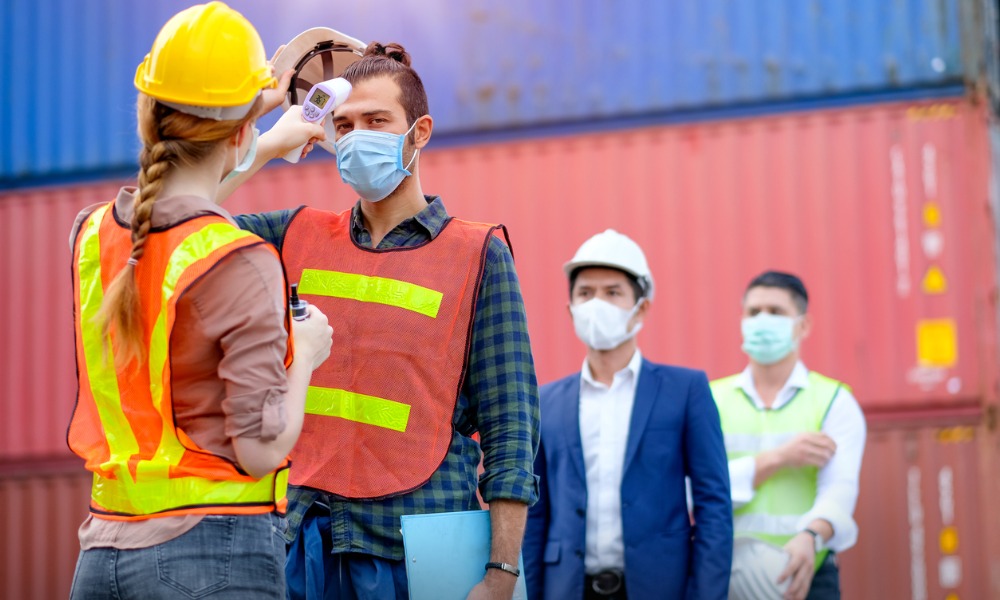At upcoming event, lawyer will look at questions around undue hardship, accommodation requests

While there haven’t yet been many cases dealing with workplace accommodation when it comes to COVID-19, a statement from a prominent B.C. official may shed some light on how things shake out in the near future, according to a Vancouver lawyer.
“Human Rights Commissioner [Kasari Govender] has said that COVID-19 is a disability under the Human Rights Code,” says Stephanie Vellins, partner at Harris & Company in Vancouver. “It’s quite interesting that they’ve said COVID-19 should be considered a disability because when you compare things like the common cold or the flu, they generally are not.”
Vellins will be speaking at the HRD Employment Law Masterclass 2021 on Feb. 16 about accommodation and human rights in the workplace, and she provided Canadian HR Reporter with a taste of what she will be discussing.
The presentation will provide a step-to-step guide on investigating and evaluating accommodation and requesting medical information, she says, in addition to the questions of COVID. For example: “Has the test for undue hardship changed?”
While things may change moving forward, basic principles should remain the same, despite the continuing presence of the coronavirus, says Vellins.
“I don’t see any real change to what’s going on before but there’s some interesting things to talk about in terms of hardship; it seems to be the continuation of this notion that you can reach undue hardship if there really isn’t any productive work for an employer, so you don’t have to make work for an employee if they really can’t do the core functions of that position."

Stephanie Vellins
However, with COVID continuing to be top of mind in terms of news coverage and its effect on people’s everyday lives, the impact will persist, she says.
“COVID-19 has provided more requests for accommodation because, of course, what we have are people who might be sick from COVID-19 [and] who need time off; people who are suffering from anxiety and therefore refusing to come into work and saying they need accommodation because they are scared about coming into work. These are difficult issues for employees.”
While many workers can work from home indefinitely, there are still plenty of employees who must venture to the workplace.
“You have an awful lot of people who are still needing to come in to work at plants, at offices, at mills, manufacturing facilities. And employers have had a lot of requests for modifying hours of work or for asking them to come into work less frequently, maybe to come in during hours where public transportation is less busy,” says Vellins.
And while accommodations have been made, “a lot of the requests that employers have been dealing with are not truly based on any kind of protected ground, really,” she says.
When it comes to parents, many are asking for accommodation as they are trying to keep their kids home because they’re nervous about it, says Vellins.
“Well, is that a disability that requires accommodation? Probably not, unless it’s at the level that they are chronically, clinically anxious — fleeting, situational anxiety generally isn’t going to pass muster. Some tribunal members may accept it but a lot of tribunal members will not accept that as a disability requiring accommodation.”
Canadian HR Reporter has also talked to legal experts about how to safely reopen workplaces and some of the considerations affecting working parents, which will be presented during the online seminar.




